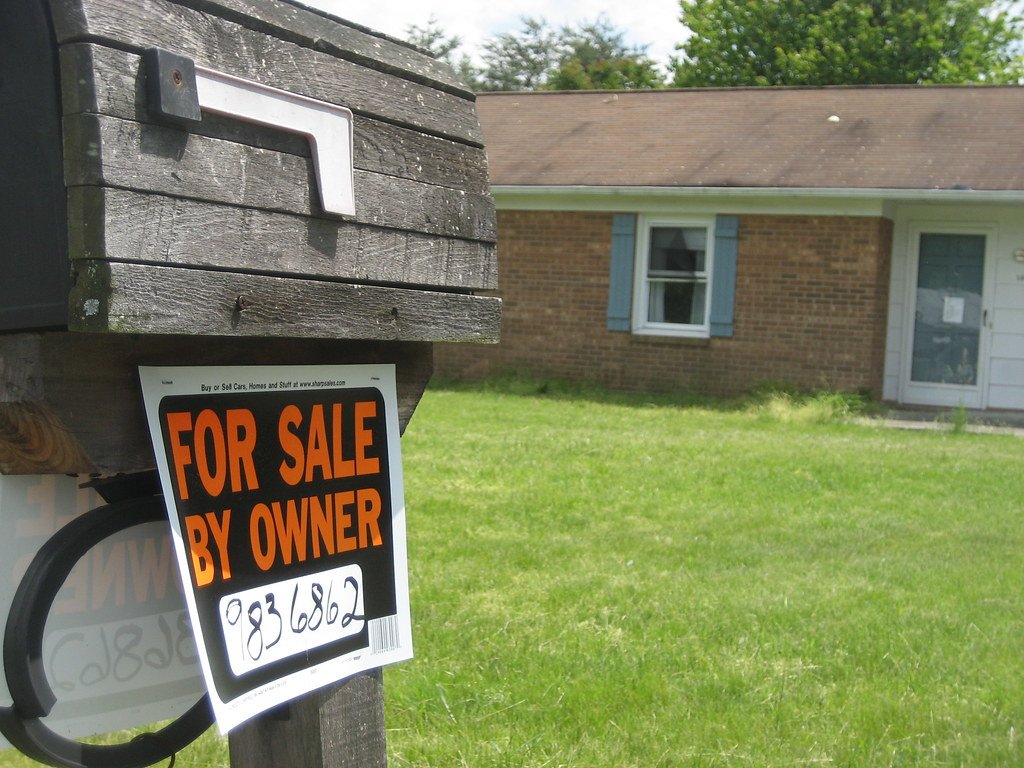Everyone has their own set of priorities and preferences when buying a house. While some may dream of a high rise with big balconies, others might love a tiny house with a big yard. Hence it is very easy to get off track as the buying process is time-consuming and often complex. Getting in touch with a trustworthy realtor who can understand your priority list can be your first step towards your dream home. If you are around Jacksonville in Florida, there are many reputable realtors who can eliminate houses that do not fit your priority list and bring you the best options. Also, you can consider buying a renovated home from Jax Nurses Buy Houses, they buy houses in Jacksonville, Florida as-is and fix any repair or replacement concerns before selling them.
In this article, we will talk about the things that you need to consider before buying a house so that you can prepare your checklist.
10 things to consider before buying your dream home:
- The location of the house: You should look for a location that gives you quick access to the locations you go to the most. Checking this out before buying will save you time and hassle when getting out of the neighborhood and onto the main road. Some individuals choose a lot near the main entrance, while others prefer a lot farther into the complex, away from traffic. So discuss with your realtor about your preferences when it comes to the location of your house.
- Finding a trusted realtor: We all know that realtors take a share of a home’s sale price, which makes some buyers wary of using one since they feel it raises the entire cost. Keep in mind that the commission is paid by the vendor, not the customer. A knowledgeable realtor who works for you can safeguard your interests and help you through the whole purchase process, from price negotiations to house inspections.
- Down payment: The down payment on a home is still one of the most significant roadblocks for potential purchasers. However, the Federal Housing Administration (FHA) intends to reduce mortgage insurance premiums. The move might make house ownership considerably more affordable for first-time purchasers.
- Size of the house: Many individuals overlook the size of the property on which their home is built. The property lot sizes in a community are quite similar in general. You will determine if you have a distinct preference for the large or tiny lot, corner, or interior property once you start the market survey with your realtor and look at what’s available.
- The number of bedrooms: Each family’s desired number of bedrooms will differ. If you want to grow your family in the future, a home with more bedrooms than you presently require should be considered. Consider how you want to use your bedroom spaces in the short and long term before making a purchase.
- Look beyond the fresh coat of paint: It’s not uncommon for your dream house to include that one area that you have already imagined remodeling. Always remember that things like applying wallpaper or painting a house can be affordable, but making improvements to kitchens and baths may be costly. That isn’t to say you shouldn’t buy a property that needs a lot of work, but you should consider such costs when gauging whether you can afford it.
- The number of bathrooms: Choose how many bathrooms you want ahead of time. If you just have one bathroom, be sure you can live with it if renovating isn’t an option. Although some bathrooms may not have a tub or shower, newer residences typically contain two or more bathrooms. Consider how many people will be using the restrooms (including guests) to get a better sense of the size and design that will work best for your family.
- The layout of the kitchen: The kitchen layout of a home has an impact on the space’s functionality. Each family has different ideas about cooking in the kitchen. If you spend a lot of time in the kitchen with your family, you might want to explore a more open and spacious kitchen plan. If you do not cook frequently, a smaller or enclosed kitchen may suffice.
- Age of the house: This point is not applicable if you are interested in new construction. Older houses may appeal to you because of their charm, but they may also require more maintenance and updates. Building codes evolve throughout time, and it’s helpful to have a rudimentary awareness of some of the most significant variances when inspecting properties built under a different set of guidelines. Your realtor may be aware of this information or know where to look for it.
Maintenance: Always include the upkeep cost of a house in your budget. Some home projects are purely aesthetic and straightforward to complete, while other projects may necessitate additional resources and time. The cost of repairs and upkeep is influenced by the home’s age and condition at the time of acquisition.

